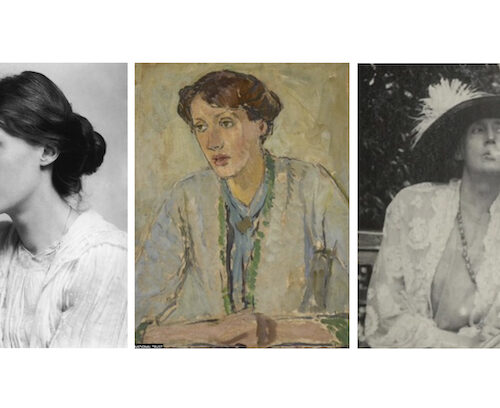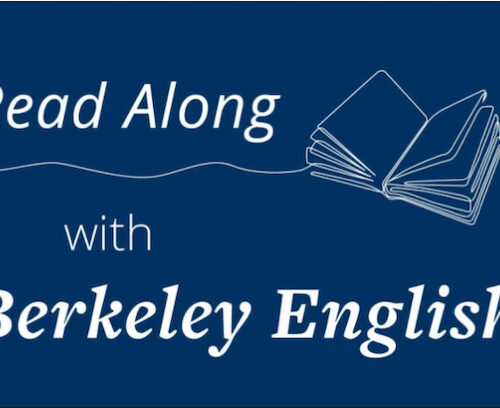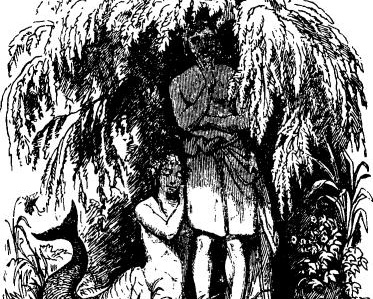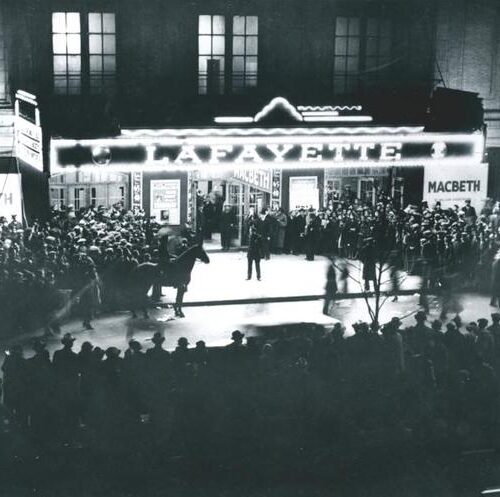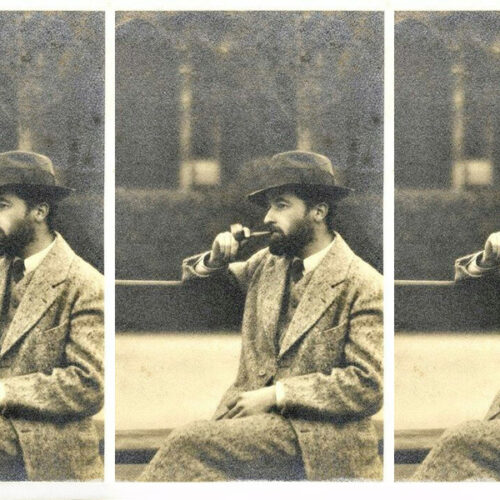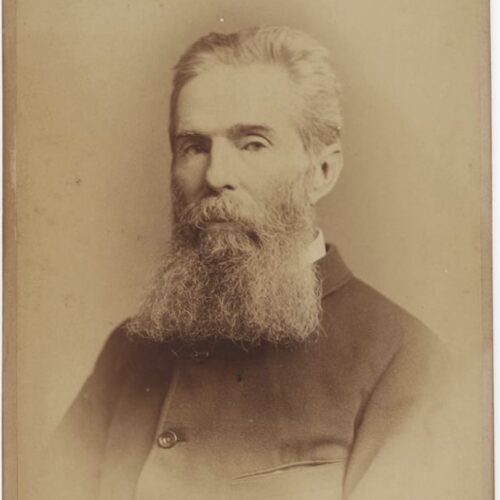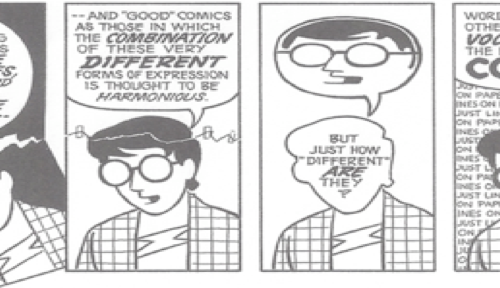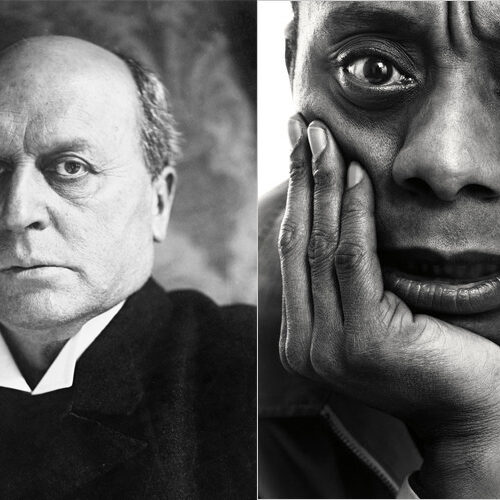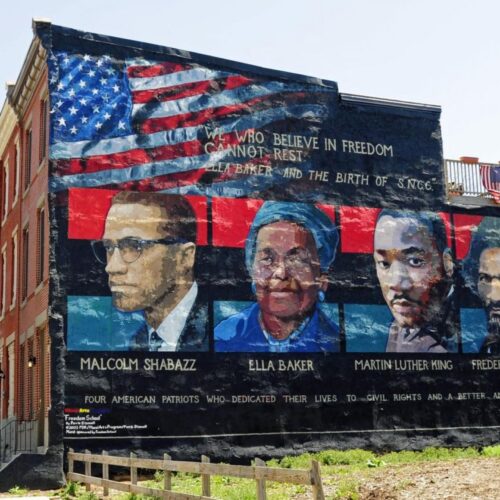Read Along with Berkeley English: “Virginia Woolf and Bloomsbury”
Professor: Elizabeth Abel The mystique of Bloomsbury has captured the Anglo-American cultural imagination for over a century. The term “Bloomsbury” references a small neighborhood in London; a closely knit circle of friends that included some of the signal British writers, artists, cultural critics, and social theorists of the early 20th century, coming together in a queer ambiance; and an artistic...
READ MORE Read Along with Berkeley English: “Virginia Woolf and Bloomsbury”

